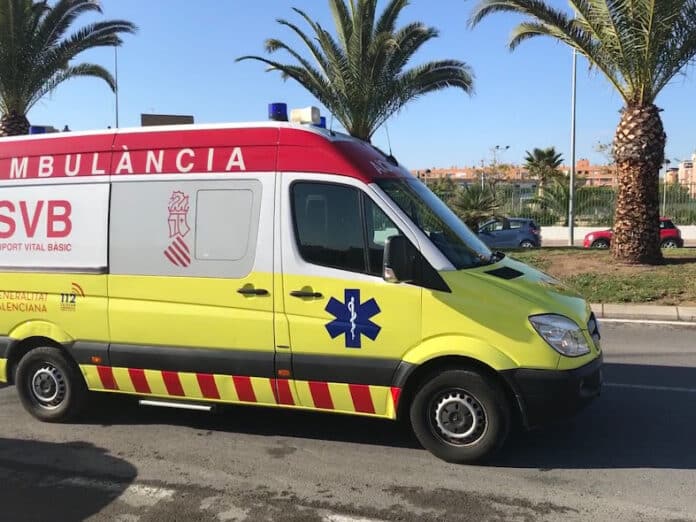The company Diseño y Producción de Sistemas de CPR (DARCP), based in the Scientific Park of the Miguel Hernández University of Elche (PCUMH) has obtained a European patent for a portable device to support cardiopulmonary resuscitation (CPR) and initial trauma care.
Thanks to this innovation, the firm has obtained this patent at European level, which adds to the one the company already has in Japan and joins the milestones recently reached by the company, according to the academic institution in a statement. Among them, the investment commitments worth up to 200,000 euro that DARCP has closed with the companies Clínicum Seguros and Bonastre Biomed stand out.
The innovation of the technology developed by the PCUMH company lies in the fact that, thanks to it, a single person, one of the so-called first responders, can perform basic life support manoeuvres equivalent to those performed by an ambulance. This is possible because it combines ventilation, trauma and intubation support capabilities in a single kit, the size of a backpack.
According to the company’s executive director, Adolfo Ferrero, this allows them to convert vehicles such as Non-Assistance Transport (TNA) vehicles or police cars into Basic Life Support (SVB) vehicles.
Ferrero has underlined the revolution that his technology represents, “with the current figures of available medical transports, in which the number of SVB “is much lower than that of TNA”. “Our innovation means being able to multiply by up to five the resources available for cardiac arrest. We must reduce response times and DARCP makes this possible,” he indicated.
Ferrero also highlights that the device represents a “drastic” reduction in costs, as it has a useful life of between four and six years and the current cost is around 1,000 euro per year, compared to the approximately 430,000 euro that a Basic Life Support ambulance costs.
Ferrero adds that these characteristics make it “accessible and necessary, not only in large cities, but also in small towns where hospitals are sometimes far away, and time is a crucial element in saving a person’s life.”
DARCP technology is seen as an “important milestone” for the health sector, as it will enable “a greater number of lives to be saved by amplifying capabilities, saving costs and optimising available economic resources.”
The company has opened an investment round with which it hopes to raise up to 600,000 euro to launch the certification process and preclinical phase of the product.





